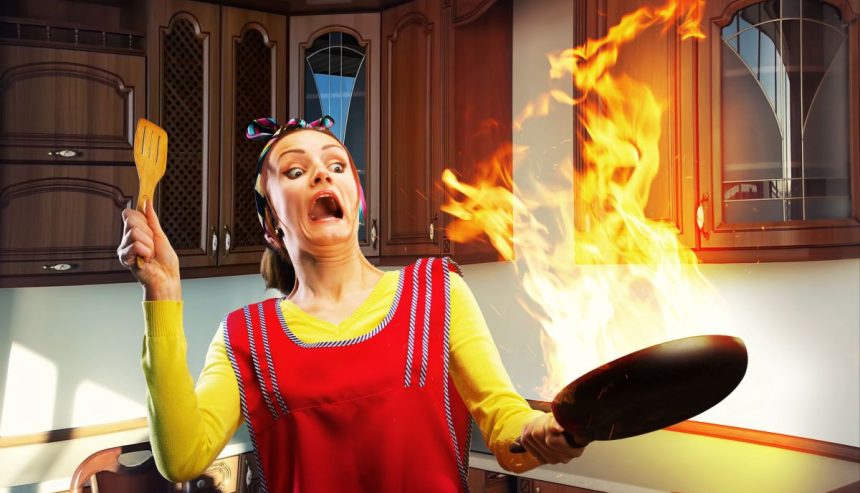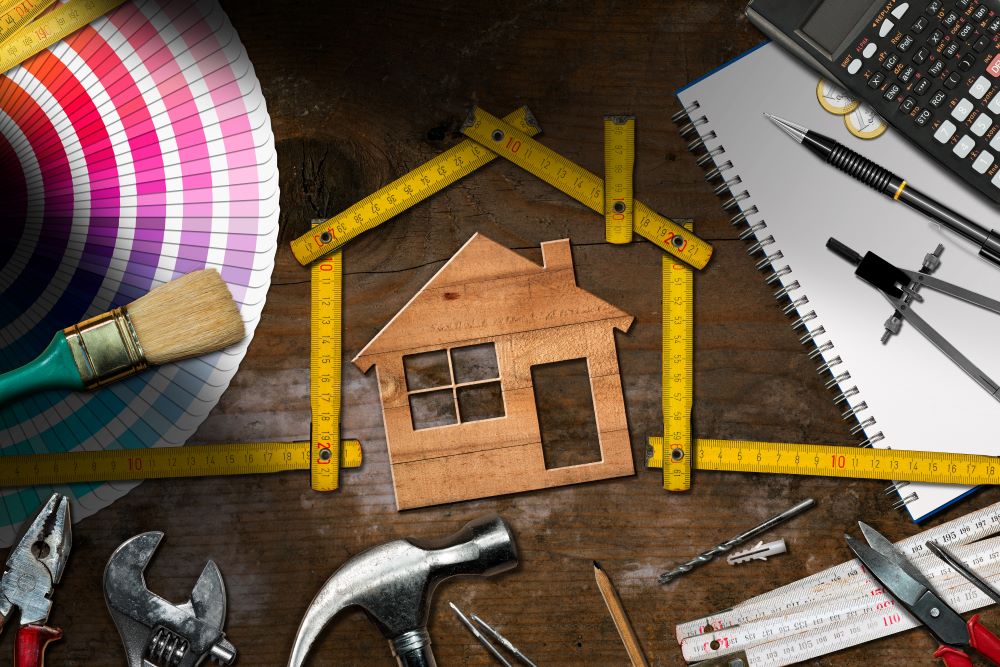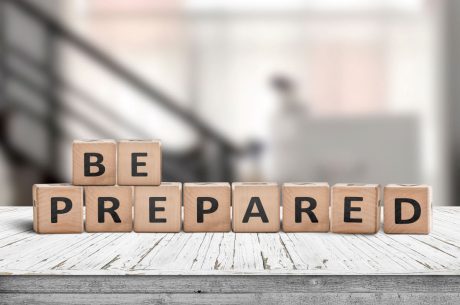
A cooking fire is among the leading causes of home fires and injuries, making kitchen safety an essential topic for every household. Whether you’re an experienced chef or just starting out, understanding and implementing safe cooking practices is crucial to prevent potential dangers, including cooking fires. Here’s your guide to maintaining a safe kitchen environment while you are enjoying your holiday cooking.
Be Prepared and Stay Alert
Never Leave Cooking Unattended:
The most common cause of kitchen fires is unattended cooking. Always stay in the kitchen while frying, grilling, or broiling food. If you need to leave the kitchen, even for a short time, turn off the stove.
Dress Appropriately:
Avoid loose clothing and dangling sleeves while cooking. They can easily catch fire if they come into contact with a hot stove.
Keep Children and Pets Away:
Maintain a kid-free zone of at least 3 feet around the stove and areas where hot food or drink is prepared or carried.
Keep Your Cooking Area Clean
Remove Clutter:
Keep the cooking area clear of combustible materials, such as oven mitts, wooden utensils, food packaging, and towels.
Clean Cooking Surfaces:
Regularly clean the stove and the area around it to remove grease and spilled food, which can ignite and cause a cooking fire.
Inspect and Maintain Appliances:
Ensure all your kitchen appliances are in good working order and do not have frayed electrical cords or loose connections.
Stop a Cooking Fire at The Source
Control the Heat:
Always heat oil slowly and watch it closely — it can ignite quickly. If you see wisps of smoke or the oil smells, it’s an indication that it’s too hot and could ignite.
Keep a Lid Nearby:
A lid can be your best friend in the kitchen. If a small grease fire starts, smother the flames by sliding the lid over the pan and turning off the stove. Leave the pan covered until it’s completely cooled.
Avoid Water on Grease Fires:
Never use water to put out a grease fire; it will cause the fire to spread. Baking soda can be used to extinguish small grease fires.
In Case of a Fire
Have a Plan:
If a cooking fire starts, have a clear plan. If the fire is small and manageable, use your judgment to smother it or use a fire extinguisher.
Evacuate if Necessary:
If the fire gets out of control, get everyone out of the house and call 911 immediately.
Install Smoke Alarms:
Ensure you have working smoke alarms installed in your home, especially near the kitchen.
Cooking fires can be prevented by practicing these simple yet effective safety tips. Remember, staying alert, keeping your cooking area clean, and knowing how to react in case of a fire are key to ensuring a safe cooking experience for you and your loved ones.
For more information on preventing cooking fires and ensuring kitchen safety, stay tuned to our blog for regular updates and safety tips.



